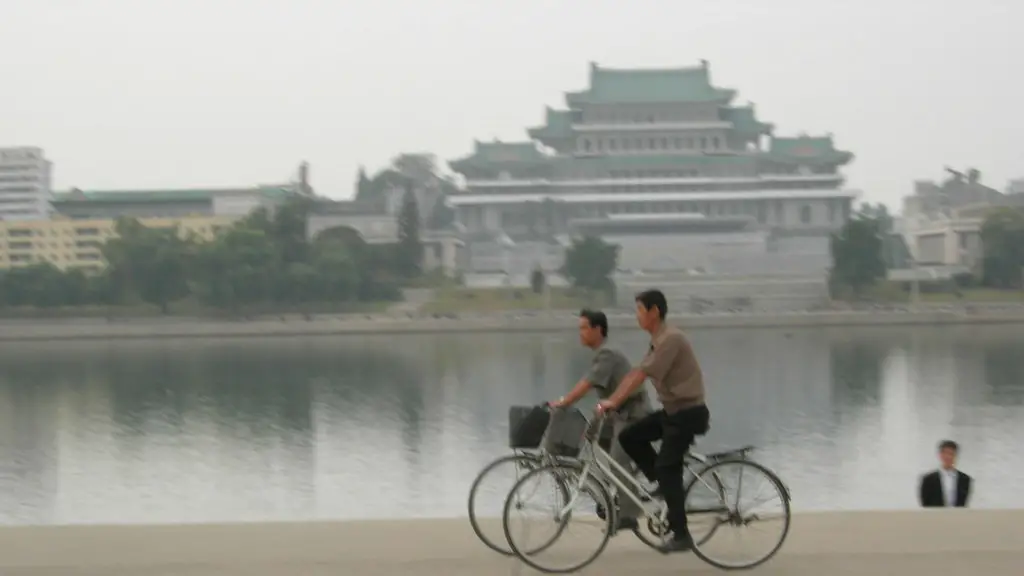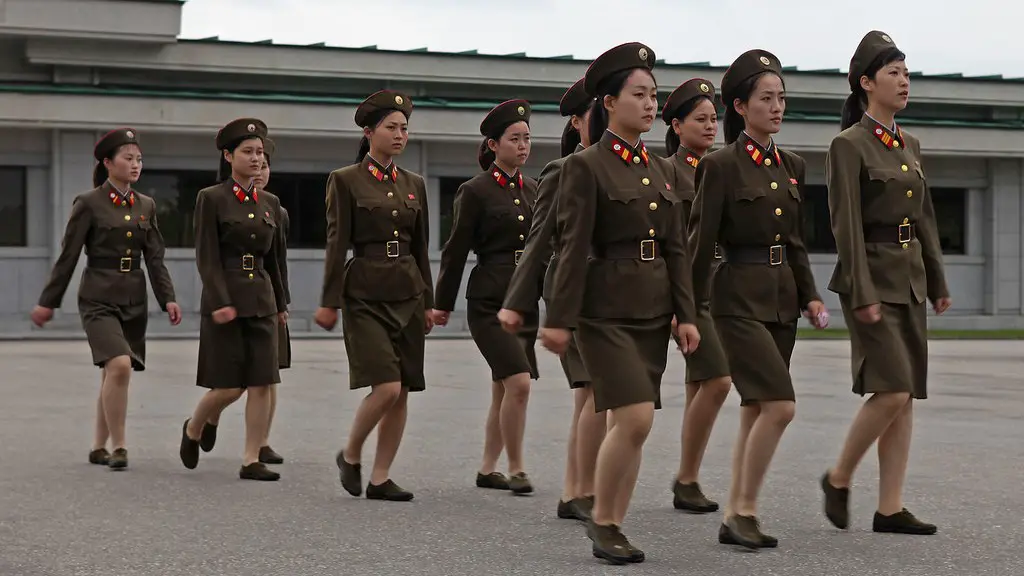Background Information
The United Nations World Food Programme (WFP) estimates that at least 10 million North Koreans are chronically food insecure, which translates to over 40 percent of North Korea’s population. Hunger and malnutrition have long been realities in North Korea, with extreme levels of poverty, a lack of foreign aid, and a weak agricultural sector all contributing to the problem. For decades, North Korea has been one of the most cursed by food insecurity in the world, with the majority of people living in the poorest parts of the country having poor access to food, water and nutrition.
Relevant Data
The rate of child malnutrition in North Korea is alarming, estimated to be nearly twice the global average, with approximately 20 percent of children under five suffering from stunted growth and wasting. In 2016, the WFP estimated that two-thirds of North Korean households were facing food shortages and severe hunger, forcing many to underspend on essential health services and make do with nutritionally inadequate diets.
At least 4.7 million people in North Korea are severely food insecure and in need of emergency food aid. In addition, the WFP estimates that over 2 million pregnant women, nursing mothers, and children are especially vulnerable, as they are likely to suffer from chronic malnutrition due to inadequate dietary intakes.
Perspectives From Experts
North Korea has vast potential to produce enough food to feed its people, but the government’s failed agricultural policies have led to stagnation instead of progress. According to experts, North Korean officials are not dedicated enough to improve the agricultural sector, with the priority shifted instead to increasing industrial productivity and the militarization of the country.
In recent years, international sanctions against North Korea have exacerbated the situation. While the sanctions are targeted at the regime’s nuclear and missile programs, international researchers warn that they are having a severe impact on the availability of food for North Koreans. Food insecurity is not just about availability but also affordability, and the country has seen an increase in food prices which has only further stretched resources within households.
Despite growing international pressure to curb North Korea’s nuclear ambitions and human rights abuses, it is clear that the country’s government must do more to address the serious underlying issues behind its food insecurity.
Insights and Analysis
Analysis of North Korea’s food insecurity reveals the need for better understanding of the issue and sustainable solutions. To address the issue head-on, it is essential that the North Korean government dramatically increase its investment in the agricultural sector, while simultaneously reducing its dependence on international aid. Doing so would help provide the necessary food and nutrition to keep people healthy and productive in North Korea, allowing the country to move towards a path of progress and prosperity.
Moreover, I believe it is essential for the wider global community to support North Korean efforts to build a more secure food system by providing necessary humanitarian aid and advocating for economic policies that enable better access to affordable food.
Nutrition Programs
Nutrition programs must be established and implemented in order to address North Korea’s persistent food insecurity. These nutrition programs should be tailored to the needs of the individual communities. For example, children should be provided with supplements and fortified foods to ensure adequate nutrition and development. Other interventions such as breastfeeding promotion and dietary diversification should also be encouraged.
International aid organizations should consider forming alliances with North Korean government institutions to create better nutrition systems, as well as creating food security programs to help build a more stable and nutritious food system. Such interventions can not only improve the health of individuals, but also create access to better food through better distribution and improved access to markets.
Education
Public education on nutrition and health is crucial to ensure better access to food and better nutrition. Public education programs should discuss the importance of good nutrition, as well as how to maintain a healthy lifestyle with limited resources. These programs should also cover topics on the importance of breastfeeding for the health of mothers and babies.
It is essential for the public education system to be personalized and tailored to the culture and beliefs of the local people. Issues such as food taboos should be discussed and respected, acknowledging the context of the individual communities.
Foreign Aid
Foreign aid is an important component of addressing food insecurity in North Korea. International organizations, governments, individuals and local charities should coordinate their efforts to provide assistance to the most vulnerable populations in North Korea.
The issue of hunger in North Korea has been exacerbated by recent sanctions. A clear moral onus is placed on the global community to ensure adequate food security in the country in order to prevent further human suffering. Therefore, access to humanitarian aid should be opened in order to provide food, nutrition, and health assistance to those living in poverty without fear of repercussion.
Technology
Technology can play an important role in helping North Korea’s agricultural sector reach its full potential. The use of mobile technologies such as digital maps can increase the efficiency of monitoring, data collection and analysis, helping farmers better understand the changing needs of their land. The use of hydroponics can also ensure food production throughout the year with minimal water usage.
Technology can also be used to support the distribution of food and nutrition, helping to track its movement and quality throughout the supply chain. This can create a higher degree of trust and transparency in food production, while also preventing food waste by linking producers with consumers.
Foreign Investment
Foreign investment in North Korea’s agricultural sector is essential to ensure the sustainability of food supplies. Countries and organizations that are willing to invest in North Korea’s agricultural sector should create business arrangements that prioritize the needs of local communities, including land ownership and tenure, improved technology and access to international markets.
In addition, international partners should be willing to work with the North Korean government in order to create a stable environment for foreign investment. Only when such conditions are met can foreign partners help build on North Korea’s strengths and develop the infrastructure necessary for food production and economic growth.


